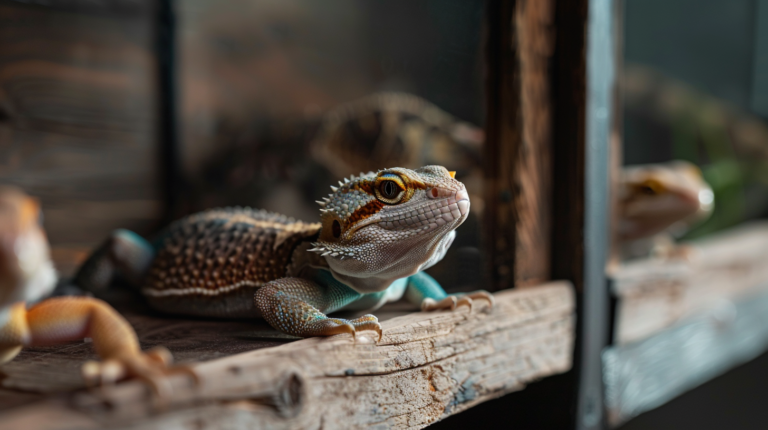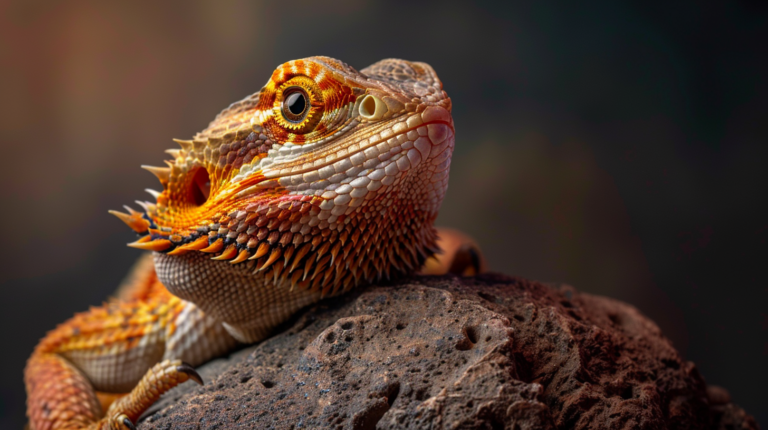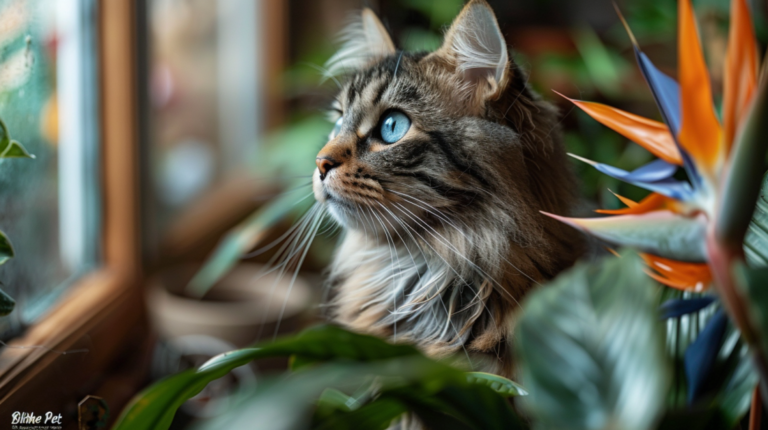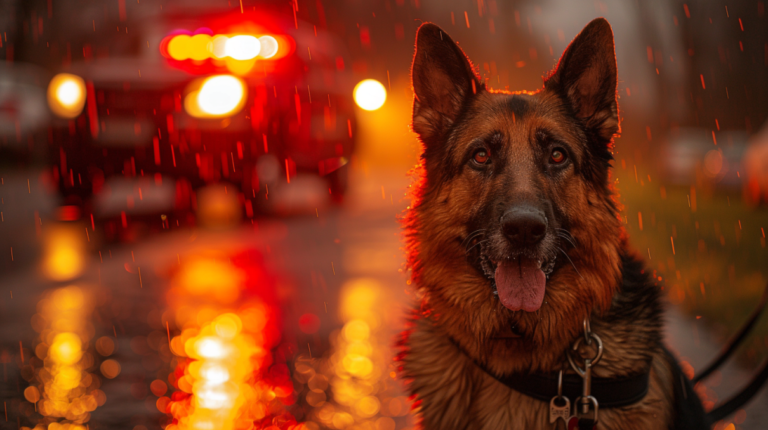Discover 5 critical warning signs of bad exotic pet vet near Me . Protect your reptile, bird, or small mammal with our expert guide to choosing quality veterinary care.
Table of Contents
Did you know that 67% of exotic pet owners struggle to find qualified veterinary care? When searching for a “bad exotic pet vet near me” isn’t what you want to discover after it’s too late. Unlike traditional pets, exotic animals require specialized knowledge, equipment, and experience that not all veterinarians possess. Choosing the wrong veterinarian for your bearded dragon, parrot, or ferret could mean the difference between life and death.
As exotic pet ownership continues to rise across the United States and Europe, the demand for qualified exotic veterinarians has never been higher. Unfortunately, this gap has led some unqualified practitioners to advertise exotic pet services they’re not equipped to provide safely.
Personal Experience: When I first adopted my rescue iguana in Austin, Texas, I learned this lesson the hard way. The local veterinarian claimed to treat reptiles but had no proper heat lamps in the examination room and suggested antibiotics that were toxic to iguanas. That experience taught me the critical importance of thoroughly vetting any exotic pet veterinarian before entrusting them with my beloved companion’s health
Understanding the Exotic Pet Veterinary Landscape

The exotic pet veterinary field presents unique challenges that separate qualified practitioners from those who shouldn’t be treating non-traditional pets. Unlike dogs and cats, exotic animals often hide illness until critically sick, require species-specific handling techniques, and need specialized diagnostic equipment.
According to the Association of Exotic Mammal Veterinarians, fewer than 5% of veterinarians in the United States have received specialized training in exotic pet medicine. This scarcity creates a dangerous situation where inexperienced vets may attempt to treat animals beyond their expertise, leading to misdiagnosis, improper treatment, or worse.
Warning Sign #1: Lack of Proper Exotic Pet Credentials
The most critical red flag when evaluating a potential exotic pet vet is insufficient credentials. A qualified exotic veterinarian should have specific training, certifications, or extensive experience treating your type of pet.
What to Look For:
- Board certification from the American Board of Veterinary Practitioners in Exotic Companion Mammal Practice
- Membership in professional organizations like the Association of Exotic Mammal Veterinarians (AEMV)
- Continuing education certificates in exotic animal medicine
- Years of experience specifically treating your type of exotic pet
- References from other exotic pet owners or local exotic pet stores
⚠️ Red Flag Alert
If a veterinarian claims to treat all animals but cannot provide specific credentials or experience with exotic pets, this is a major warning sign. General veterinary training does not adequately prepare practitioners for the complex needs of exotic animals.
Exotic Pet Veterinary Credentials
| Credential Type | What It Means | Why It’s Important | How to Verify |
|---|---|---|---|
| ABVP Board Certification | Advanced specialty training in exotic companion mammals | Demonstrates extensive knowledge and skill testing | Check ABVP website directory |
| AEMV Membership | Active participation in exotic mammal veterinary community | Shows commitment to staying current with best practices | Contact AEMV for member verification |
| Continuing Education | Regular training updates in exotic pet medicine | Ensures knowledge of latest treatments and techniques | Ask to see certificates or course completion records |
| Years of Experience | Hands-on practice treating exotic animals | Provides practical knowledge beyond textbook learning | Request client references and case examples |
| Species-Specific Training | Specialized knowledge for particular animal types | Critical for proper diagnosis and treatment protocols | Ask about specific training for your pet’s species |
Warning Sign #2: Inadequate Facility and Equipment
A bad exotic pet vet near you might operate from a facility that lacks the specialized equipment necessary for proper exotic animal care. Unlike traditional veterinary clinics, exotic pet practices require specific tools and environmental controls.
Essential Equipment Red Flags:
- No temperature control systems for reptile and amphibian patients
- Absence of specialized restraint equipment for birds and small mammals
- Lack of appropriate-sized examination tables and surfaces
- Missing digital scales for accurate weight monitoring (critical for medication dosing)
- No isolation areas for infectious or stressed animals
- Inadequate lighting for detailed examinations of small animals
Expert Tip: During your initial visit, ask for a brief tour of the facility. A confident, qualified exotic vet will be proud to show you their specialized equipment and explain how it benefits exotic pet care.
Warning Sign #3: Poor Communication and Rushed Appointments
Communication quality often reveals whether you’re dealing with a bad exotic pet vet. Exotic animals require more detailed history-taking, behavioral observation, and owner education than traditional pets.
Communication Red Flags:
- Rushed appointments lasting less than 30 minutes for initial consultations
- Failure to ask detailed questions about diet, habitat, and behavior
- Using generic terms instead of species-specific language
- Inability to explain treatments in terms you can understand
- Dismissive attitude toward your concerns or observations
- No follow-up protocols or discharge instructions
For more expert pet care tips and product recommendations, visit BlithePet.com your trusted source for pet wellness.
Warning Sign #4: Inappropriate Treatment Protocols
Perhaps the most dangerous sign of a bad exotic pet vet is the use of inappropriate or outdated treatment protocols. This can manifest in several concerning ways that put your pet’s health at serious risk.
Treatment Protocol Warning Signs:
- Prescribing medications without species-specific dosing calculations
- Using antibiotics that are toxic to certain exotic species
- Recommending surgery without proper pre-operative exotic animal protocols
- Applying dog/cat treatments to exotic animals without modification
- Ignoring species-specific stress factors during procedures
Safe vs Dangerous Treatment Approaches
| Animal Type | Safe Treatment Approach | Dangerous Approach (Red Flags) | Why It Matters |
|---|---|---|---|
| Rabbits | Sedation-free nail trims, hay-based recovery diet | Heavy sedation, pelleted-only recovery food | Rabbits are sensitive to anesthesia and need fiber for digestive health |
| Birds | Towel restraint, quiet environment, rapid procedures | Loud environment, prolonged restraint, rough handling | Birds can die from stress and improper restraint techniques |
| Reptiles | Species-appropriate temperature control, proper UVB lighting | Room temperature handling, no heat support | Temperature affects reptile immune system and healing processes |
| Ferrets | Frequent blood sugar monitoring, specialized anesthetics | Long fasting periods, standard canine protocols | Ferrets have unique metabolic needs and drug sensitivities |
| Guinea Pigs | Vitamin C supplementation, careful antibiotic selection | Standard rodent treatment, broad-spectrum antibiotics | Guinea pigs have specific nutritional and medication requirements |
Warning Sign #5: Lack of Emergency Preparedness
Exotic pets often require immediate, specialized emergency care. A bad exotic pet vet near you might not have proper emergency protocols or after-hours care arrangements for exotic animals.
Emergency Care Red Flags:
- No 24-hour emergency contacts for exotic pet emergencies
- Inability to handle common exotic pet emergencies (egg-binding, GI stasis, respiratory distress)
- No relationships with exotic pet emergency clinics
- Lack of emergency supplies specific to exotic animals
- No emergency treatment protocols posted or available
How to Find a Qualified Exotic Pet Veterinarian
Now that you know the warning signs of a bad exotic pet vet, here’s how to find qualified care for your beloved companion:
Research Strategies:
- Check professional directories: Use the ABVP and AEMV websites to find board-certified exotic veterinarians
- Contact local exotic pet communities: Reach out to reptile societies, bird clubs, and exotic pet stores for recommendations
- Read online reviews carefully: Look for reviews from other exotic pet owners, not just dog and cat owners
- Schedule consultation visits: Meet potential vets before you need emergency care
- Ask about continuing education: Inquire about recent training and conference attendance
Questions to Ask Potential Exotic Pet Vets
Before entrusting your exotic pet to a new veterinarian, ask these critical questions:
Questions to Ask Potential Exotic Pet Vets
| Category | Essential Questions | What Good Answers Sound Like | Red Flag Responses |
|---|---|---|---|
| Experience | How many [your pet type] do you treat monthly? | Specific numbers, mentions common conditions and treatments | Vague answers, “I treat all animals equally” |
| Credentials | What exotic pet training have you completed? | Names specific courses, certifications, conferences | General veterinary school only, no specialty training |
| Equipment | What specialized equipment do you have for my pet? | Species-specific tools, proper environmental controls | Standard vet equipment only, no exotic modifications |
| Emergency Care | What happens if my pet has an after-hours emergency? | Clear protocols, exotic-experienced emergency contacts | General emergency clinic only, no exotic backup plan |
| Philosophy | What’s your approach to exotic pet preventive care? | Species-specific wellness plans, detailed prevention strategies | Same approach as dogs/cats, minimal preventive focus |
Common Myths About Exotic Pet Veterinary Care
Let’s dispel some dangerous misconceptions about exotic pet veterinary care:
Myth #1: “All vets can treat exotic pets”
Fact: Exotic animals require specialized knowledge, equipment, and experience. General practice veterinarians may not have the expertise needed for safe exotic pet care.
Myth #2: “Exotic pets don’t need regular check-ups”
Fact: Exotic animals often hide illness better than traditional pets, making regular veterinary care even more critical for early disease detection.
Myth #3: “Emergency care is the same for all animals”
Fact: Exotic pets have unique emergency needs that require specialized knowledge and equipment. A general emergency vet might not be equipped to handle exotic pet crises safely.
The Cost of Choosing the Wrong Exotic Pet Vet
The consequences of selecting a bad exotic pet vet extend far beyond financial costs, though these can be significant. Poor veterinary care can result in:
- Misdiagnosis leading to inappropriate treatment and worsened conditions
- Medication errors that can be toxic or fatal to exotic animals
- Surgical complications from inexperience with exotic animal anatomy
- Increased stress to your pet from improper handling techniques
- Higher long-term costs from treating complications
- Loss of your beloved companion from preventable mistakes
When to Seek a Second Opinion
Even with a trusted exotic pet vet, certain situations warrant seeking additional professional input:
- Complex diagnoses with unclear treatment outcomes
- Recommended surgical procedures
- Chronic conditions not responding to treatment
- High-cost treatment plans
- Any situation where you feel uncomfortable with the proposed care
Trust Your Instincts
If something feels wrong about your exotic pet’s veterinary care, don’t ignore that feeling. You know your pet better than anyone, and your observations are valuable diagnostic information.
Building a Long-Term Relationship with Bad Exotic Pet Vet Near Me
Finding the right exotic pet veterinarian is just the beginning. Building a strong, collaborative relationship ensures the best possible care for your companion:
Relationship Building Tips:
- Schedule regular wellness visits even when your pet seems healthy
- Keep detailed records of your pet’s behavior, diet, and habitat changes
- Ask questions and seek to understand your pet’s health needs better
- Follow up on treatments and report any concerns promptly
- Maintain open communication about your budget and treatment preferences
FAQ Section
Frequently Asked Questions About Exotic Pet Veterinary Care
The frequency depends on your pet’s species, age, and health status. Birds and small mammals often benefit from twice-yearly exams due to their ability to hide illness. Always consult with your exotic veterinarian to establish an appropriate schedule for your specific pet.
Also bring your pet in their regular carrier or habitat if possible, as this provides valuable information about their living conditions. A written list of questions and concerns will help ensure you don’t forget important topics during the appointment.
Look for continuing education in exotic medicine, proper specialized equipment, and the ability to provide detailed, species-specific care recommendations. Don’t hesitate to ask about their qualifications and experience during your first consultation.
Other common emergencies include trauma from falls, toxic ingestion, prolapse conditions, and severe dehydration. Having an emergency plan and knowing the nearest qualified exotic emergency clinic can save your pet’s life.
General vets may be suitable for basic care if they have relevant experience, but specialized exotic veterinarians are recommended for surgery, serious illnesses, and species with very specific needs like birds and reptiles.
Costs vary significantly by geographic region, veterinarian experience, and required services. Preventive care is generally less expensive than emergency treatment, making regular wellness visits a cost-effective investment in your pet’s health.







